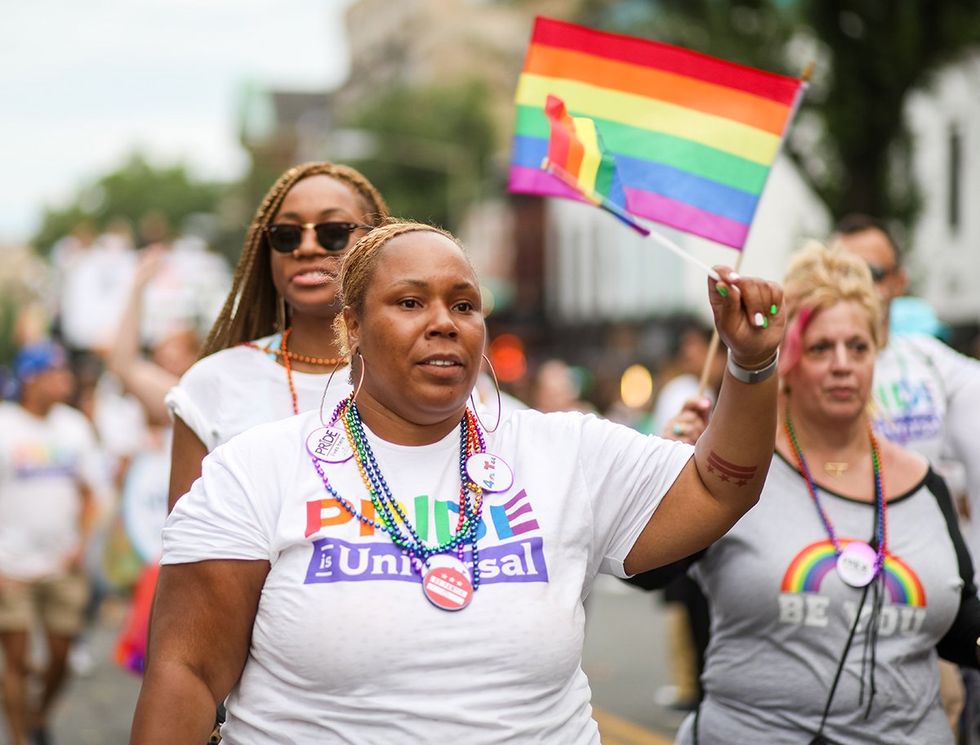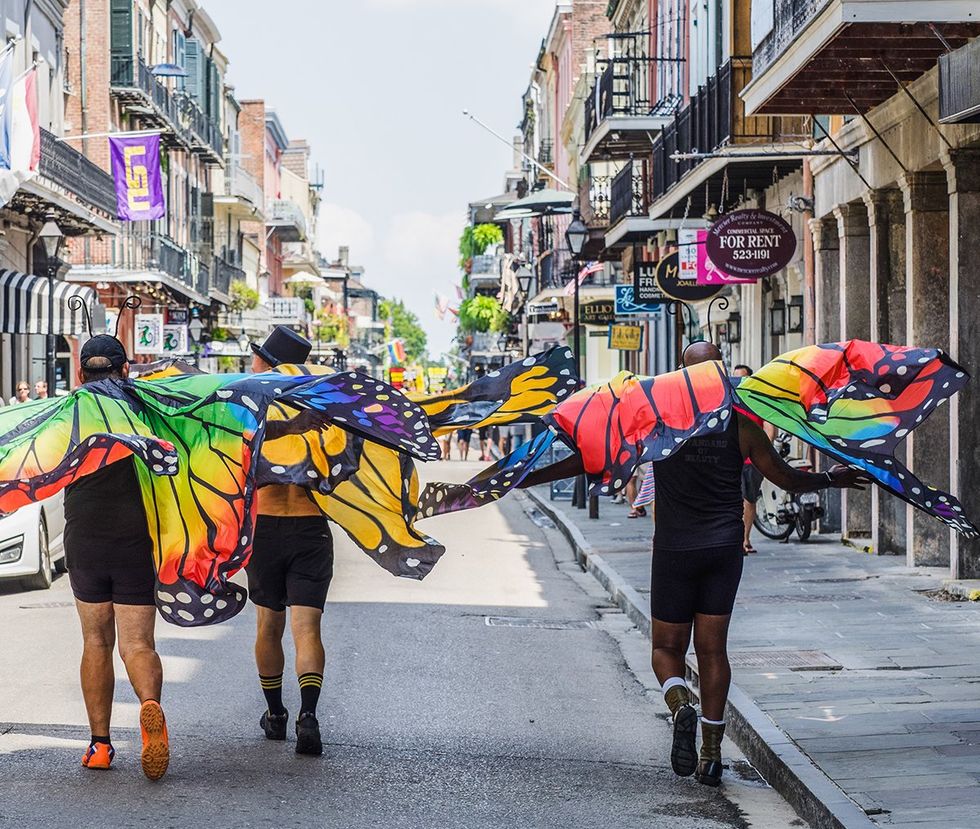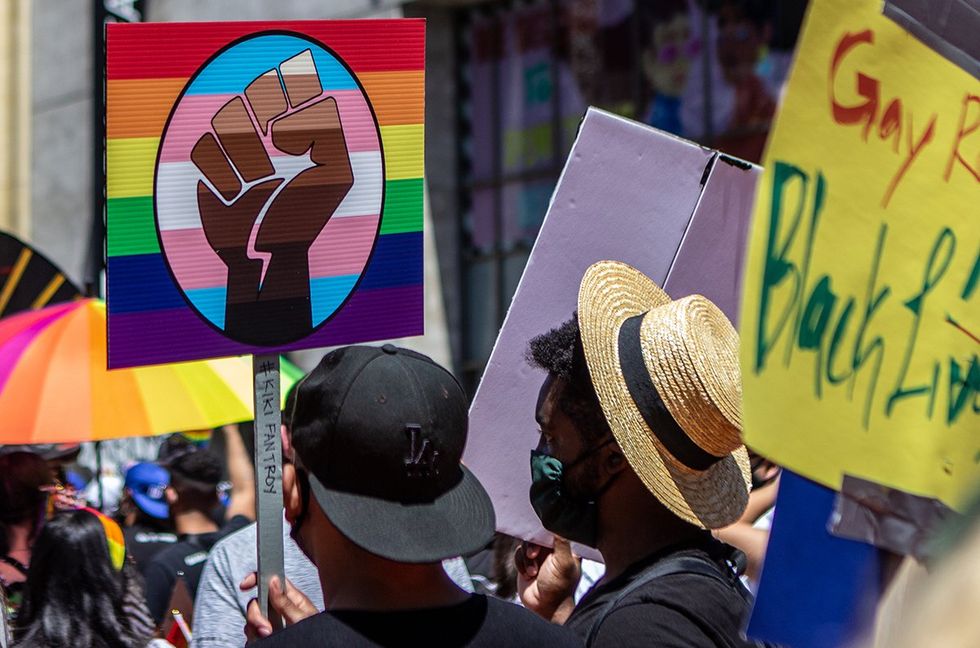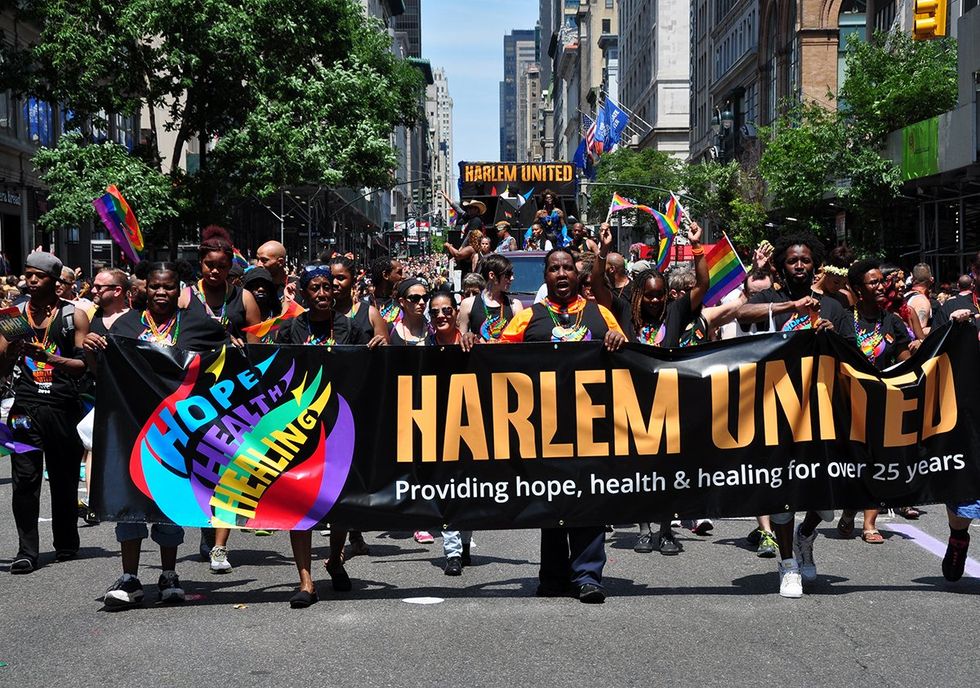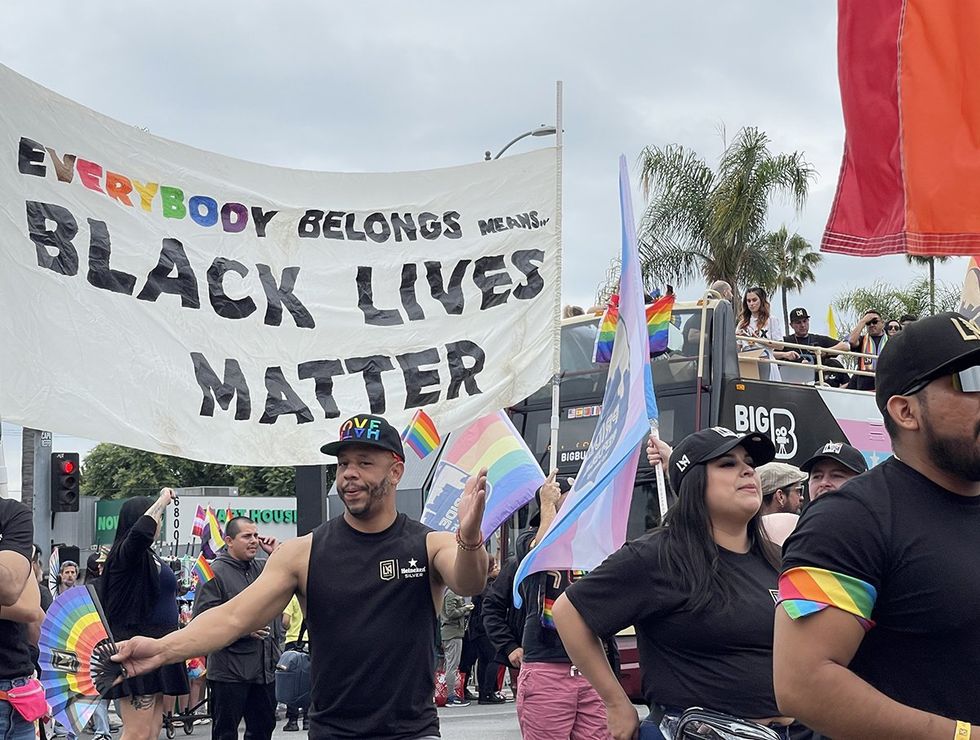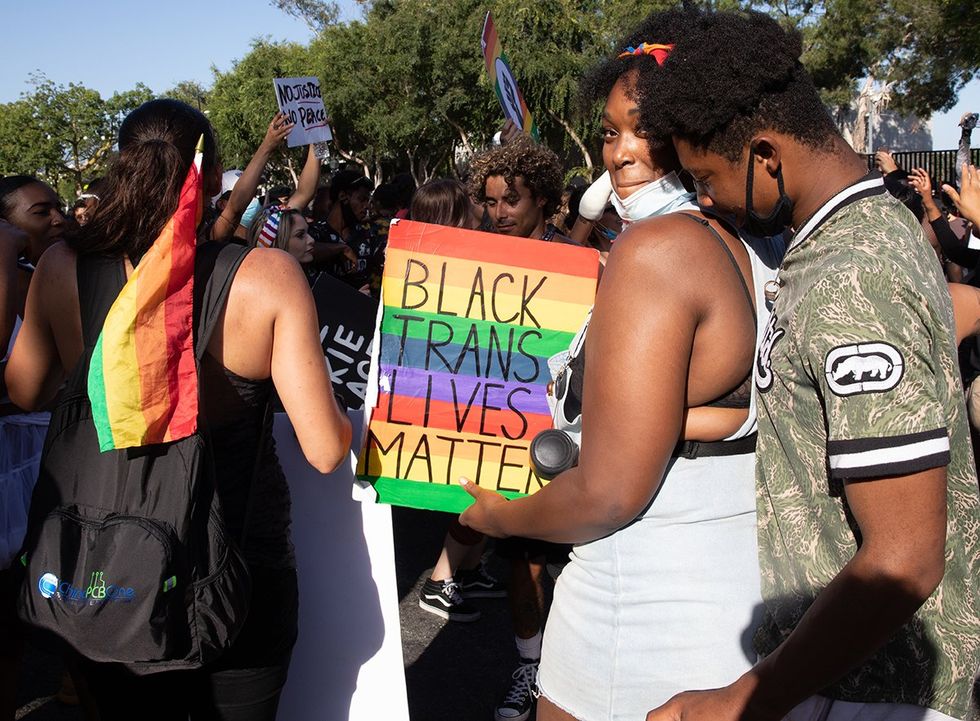On Monday, the Transgender Center at Washington University in St. Louis announced it will no longer provide gender-affirming healthcare to transgender minors because of a new anti-trans law in Missouri.
The university, which said in a statement that the new liability was “untenable,” isn’t the first institution to make the decision to start referring patients under the age of 18 to other providers for puberty blockers and hormone replacement therapy (HRT); the University of Missouri also halted care to transgender minors on Monday, Aug. 28.
Both decisions were made in response to a ban on gender-affirming care for new patients under 18 that was signed into law by Gov. Mike Parson in June after it was passed by the Republican legislature. Under the new law, some minor patients at Washington University’s Transgender Center at St. Louis Children’s Hospital could still receive treatment, but a special provision in the law gives patients the right to sue doctors who prescribe hormones to minors.
In Missouri, a patient usually has two years to file a medical malpractice lawsuit, but under the new law patients who received care as minors can sue their doctors 15 years after treatment or after their 21st birthday, whichever comes later.
“This legal claim creates unsustainable liability for health-care professionals and makes it untenable for us to continue to provide comprehensive transgender care for minor patients without subjecting the university and our providers to an unacceptable level of liability,” the university said in a statement.

Shutterstock
Shira Berkowitz, senior director of public policy and advocacy for PROMO, a Missouri-based LGBTQ+ advocacy group, says that the state’s court system had a responsibility to protect the trans kids impacted by the new ban.
“Our court system had the opportunity to do its job by protecting our most vulnerable populations,” Berkowitz said. “Instead, it stood behind the political ideology every other branch of government has used to justify taking away the rights of children, parents, and adults to make their own medical decisions.”
Berkowitz also took aim at the Missouri State Legislature, the Missouri Attorney General, and Gov. Parson, saying, "We know you’re proud you’re able to say you kicked a trans kid and to have blatantly committed a hate crime against transgender Missourians."
While Washington University will continue to offer mental health, education and some other types of gender-affirming care, community organizer and drag performer Maxi Glamour said that the situation in Missouri is so dire they know trans youth who are trying to leave the state so they can better access care and that trans youth are facing “negative psychological implications of not really being able to live to your fullest.”
Bans on transgender healthcare shows “just how much conservatives really want to regulate the bodies of other people and really have so much control over something they know little about,” Glamour explained.
To stop anti-trans bills like this from being passed in the future, Glamour said people need to urge their local public schools to start teaching students about LGBTQ+ culture and history so that people grow up with a better understanding of the issues queer people face—or better yet, run for school board so you can make the changes yourself.

Shutterstock
Steven Brawley, founder of the St. Louis LGBT History Project, said that although the city of St. Louis and Washington University have been “historic leaders in gender-affirming care,” they are still in a majority red state.
“They use the trans community as part of their political schtick,” he said of conservatives. “It used to be gods, guns and gays. Now they're using the trans part of the community more so in terms of their rhetoric and so Missouri is in the thick of that.”
Republican lawmakers were first drawn to this issue when, earlier this year, Jamie Reed – a former caseworker for the university’s Transgender Center – accused doctors of giving children puberty blockers or hormones without obtaining proper mental health assessments.
However, despite an internal investigation by Washington University finding the allegations to be “unsubstantiated,” the anti-trans bill went forward.
There are reasons to be hopeful though, Brawley said. This year Missouri was facing an unprecedented level of homophobic, anti-trans, and anti-drag bills, but because of historic levels of activism by the LGBTQ+ community—that he hasn’t seen since the fight for marriage equality—only two anti-trans laws passed out of the many that were on the table.
Washington University didn’t respond to a request for comment.

























































 From left: Jena Malone, Jodie Foster, Jay-Z, and Kendall and Kylie Jenner.Featureflash photo Agency/Shutterstock; Tinseltown/Shutterstock; Tinseltown/Shutterstock; Taylor Hill/FilmMagic
From left: Jena Malone, Jodie Foster, Jay-Z, and Kendall and Kylie Jenner.Featureflash photo Agency/Shutterstock; Tinseltown/Shutterstock; Tinseltown/Shutterstock; Taylor Hill/FilmMagic











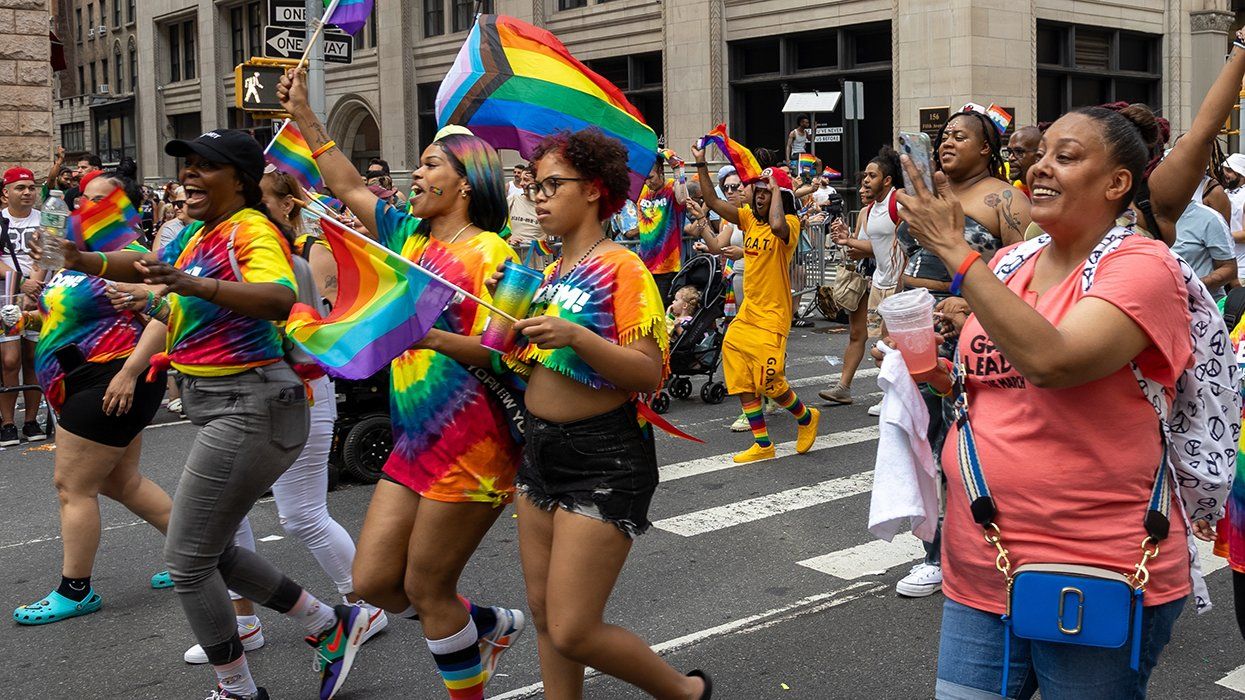
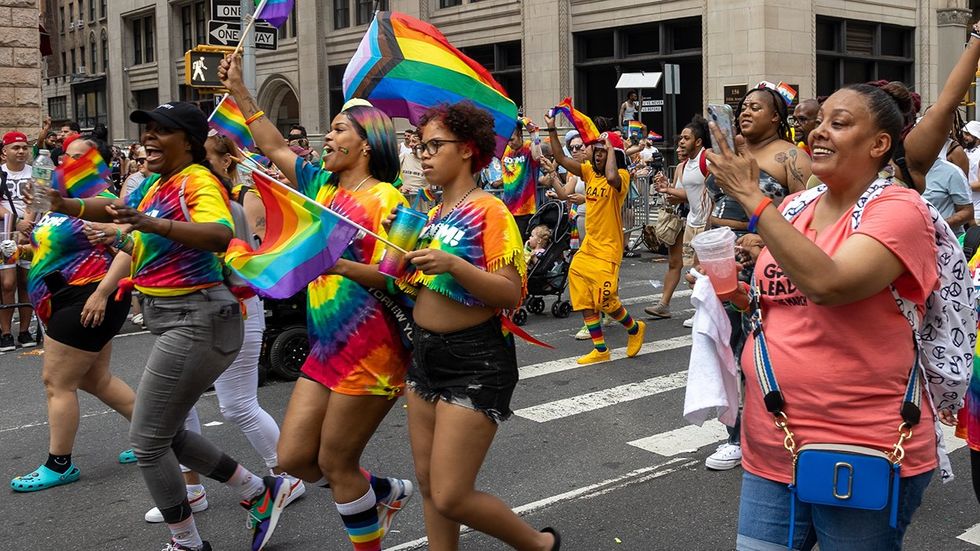 Kirkam/Shutterstock
Kirkam/Shutterstock